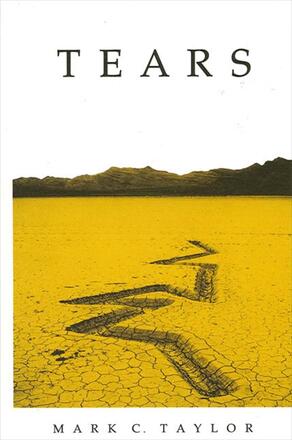
Tears
Alternative formats available from:
Description
In Tears, the author explores theoretical issues raised by the intersection of philosophy, literature, art, architecture, and theology. The critical accounts of thinkers like Derrida, Blanchot, Jabès, Kierkegaard, Hegel, Heidegger, Ricoeur, Gadamer, Austin, Ayre, Rorty, Tillich, Barth, and Altizer developed in this book effectively reshape and refocus the terms of current debate.
Mark C. Taylor is William R. Kenan, Jr. , Professor of Religion and Director of the Center for the Humanities and Social Sciences at Williams College. His previous books include Erring, Altarity, and Journeys to Selfhood.
Reviews
"Mark C. Taylor is simply the most interesting younger theologian since Paul Tillich and is increasingly recognized as such. Tears brings out what is distinctive about Taylor's work, what sets it apart from death of god theologians like Thomas Altizer and from scholarly postmodernists like Richard Rorty and Rodolphe Gashé. At the same time, one can see what is afoot in Taylor's other books. The key lies not only in the theological and philosophical uses to which Derrida is put, but also in Taylor's absolutely original reading of Kierkegaard. This is an original study of fundamental importance. Taylor shows how and why these matters are significant for the history of Western metaphysics, for politics, morals, and art. This book not only extends the text of Taylor's other books but is in many ways the best introduction to them. The reader can grasp the conceptual backdrop Taylor brings to his work, while at the same time she/he sees just how the work moves, not in a straightforward line but by way of gaps, fissure, and backtracking. This collection reflects the best of Taylor's thought. " — Edith Wyschogrod, City University of New York
"There is a diabolically succinct progression of ideas about contemporary theo-philosophy that thoroughly engages the reader. I believe this book takes a great leap forward (through the mine fields of Deconstruction) toward clarifying issues that constitute the great theoretical debate of the day. " — Stanley Tigerman, University of Illinois at Chicago